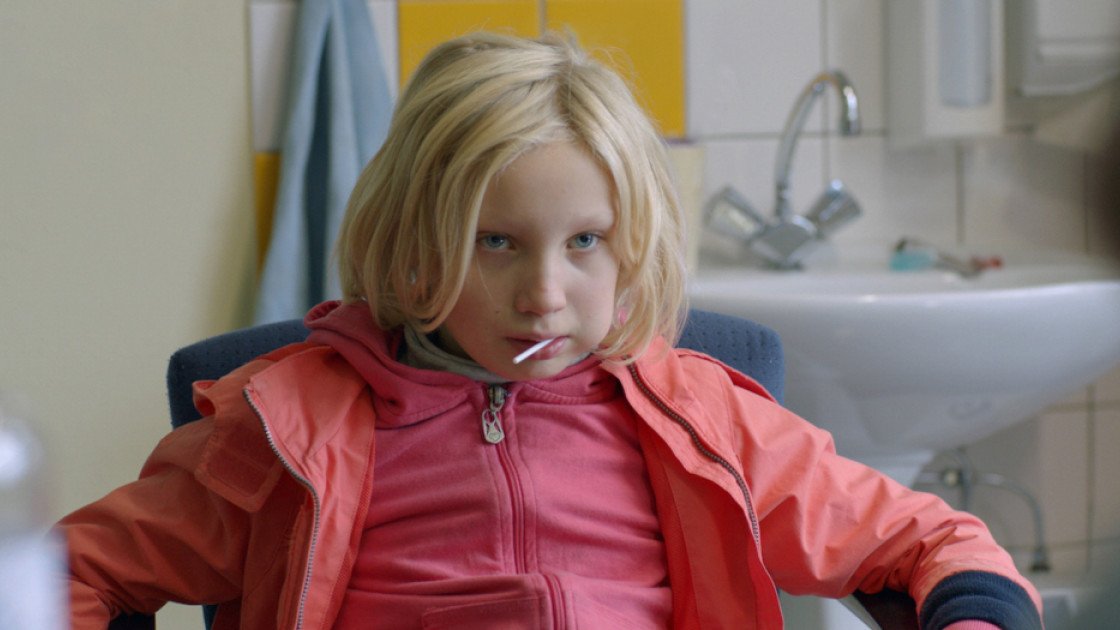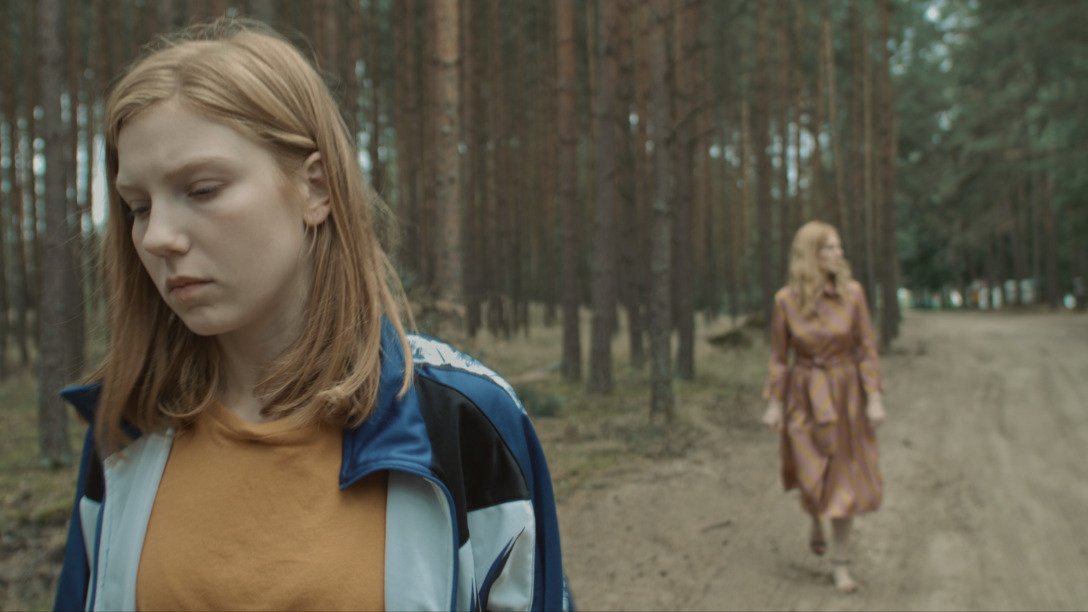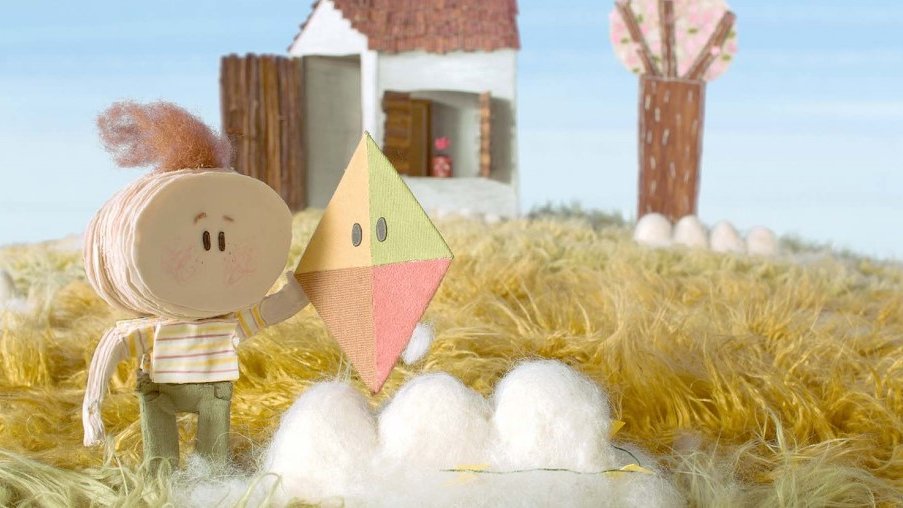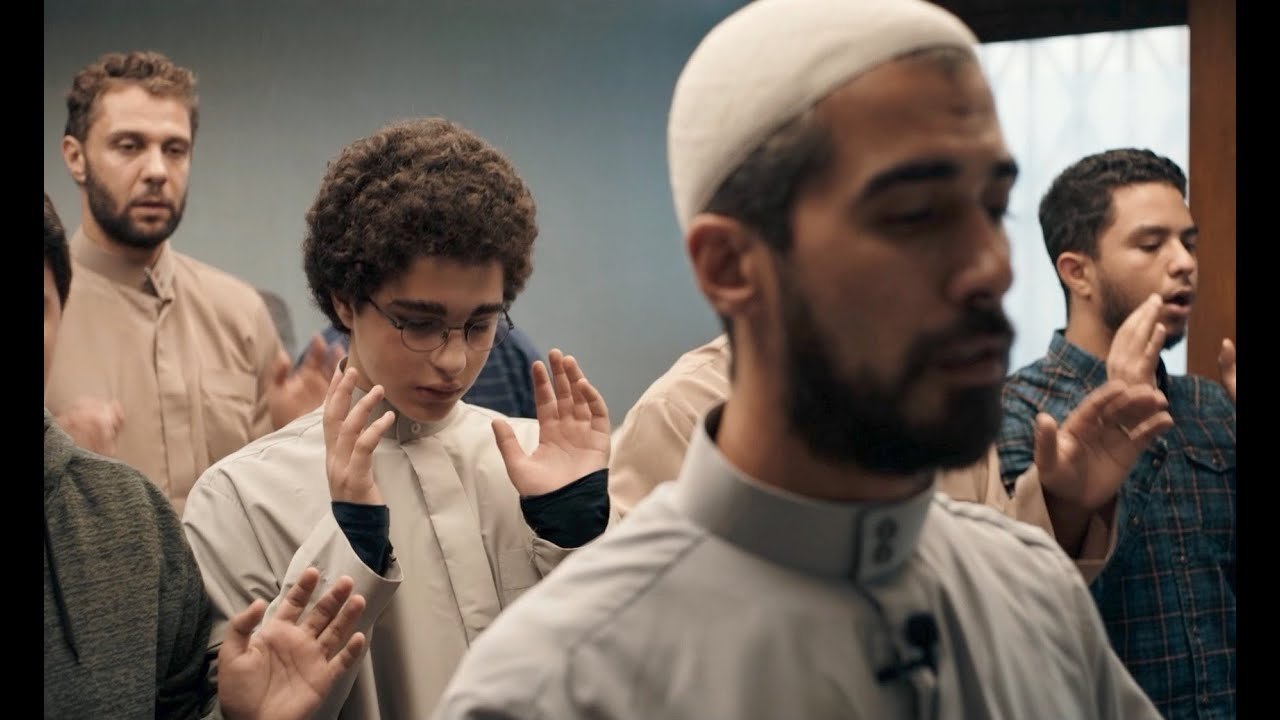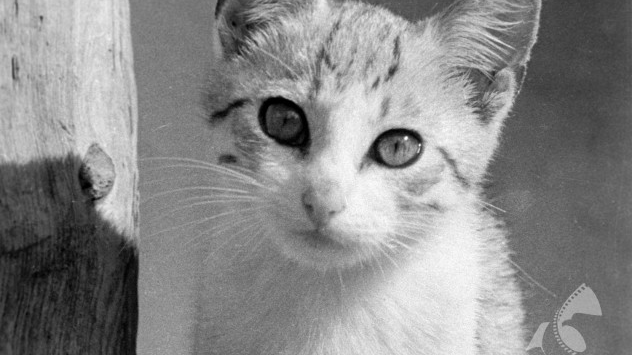The bright and dark sides of youth
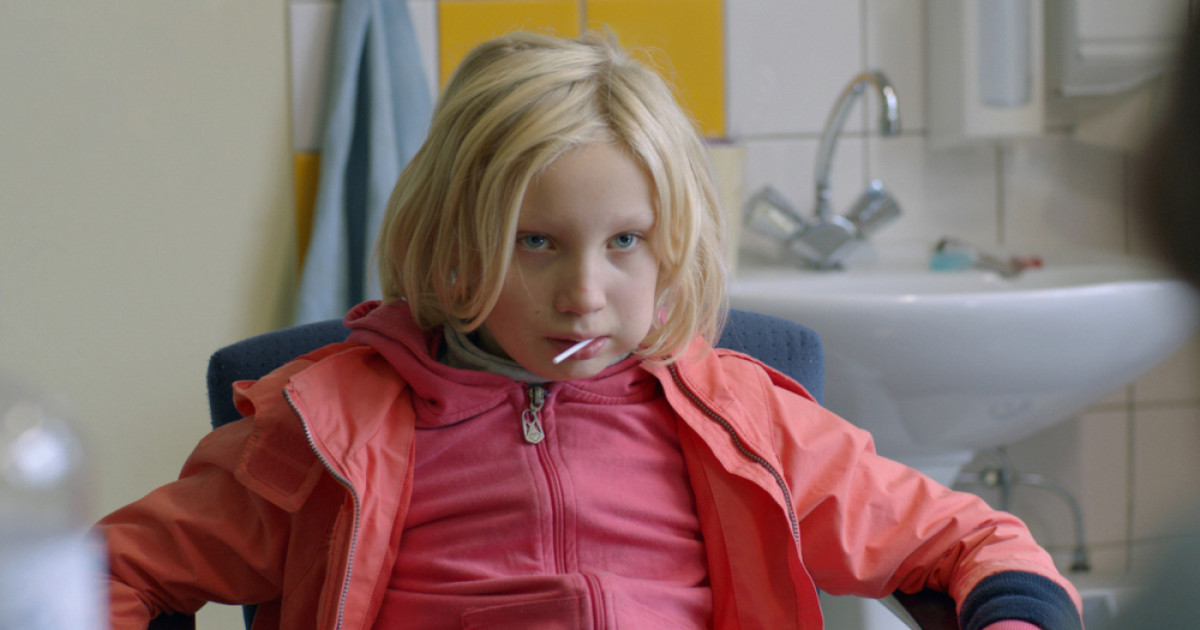
Early December will mark the launch of the 37th edition of the International Young Audience Film Festival Ale Kino! organised by the Children's Art Centre. The event is a culmination of Poznań's festival year, offering not only well over a hundred handpicked productions but also a space for dialogue among children, parents, teachers and filmmakers. As always, the leitmotif on screen and off screen, in meetings with artists, will be youth in the broadest sense of the word. The films on screen will portray the joys and dilemmas faced by young people. Their target audience is every viewer whose minds is open, who can see the world from a youthful perspective and who takes keen interest in the problems that trouble today's children and adolescents. For years, Ale Kino! has been a festival of the young and for the young, not only in body, but also and above all, in spirit.
When cultures meet
The thematic range of this year's programme is huge. Expectedly, the festival could not just leave out the clash of cultures, a theme traditionally raised in every edition. The latest film by the long-time independent cinema producers, the Dardenne brothers, is a definite must-see. Their film Young Ahmed has won the best-director award in Cannes. The film's producers, who are the favourites of the festival's audiences, opted for the raw form known from their earlier productions. This time around, they train their lenses on a teenager who is actively involved in the Muslim community and eager to strictly adhere to the rules of the Koran. As he slowly becomes radicalised, he begins to view seemingly innocent behaviours, such as a kiss with a girl, as an assault on his faith. His Arabic teacher becomes his primary target. Ahmed launches a small crusade against her and ends up taking her life. The Dardennes chose a theme that is as important as it is fashionable, proving that the problems of this world, such as religious fanaticism, can be portrayed using inconspicuous characters who live in the shadows of society. The way they see it, it is at this level of individuals and ordinary, drab daily life that misunderstandings arise that then echoed at the global level.
The motif of a meeting of cultures also runs strong through For a Happy Life. Its protagonists, Amel and Mashira, are in love with each other. Although they live in a European country, Pakistani and Algerian traditions get in the way of their relationship. Mashira's parents have very different plans for the boy's future as they want him to marry his cousin. Even in a seemingly favourable environment, the young lovers find it harder to oppose the will and decisions of their relatives and their traditions than they have ever imagined.
New situations
Teenage love has many faces. This is demonstrated by the Canadian picture Giant Little Ones about Franky and Ballas - two friends and top swimmers who belong to their school's elite and date the most popular girls. Their perfect youthful life, unmarred by inner dilemmas, is disrupted during a wild boozy party that throws them closer together than ever before. This teenage bromance has been chosen as the best production for young people during the Zlin festival.
In a slightly darker tone, the theme is complemented by two films that are definitely worth a closer look. One is I Hope You'll Die Next Time :-) is a Hungarian drama about a 16-year-old fan of anime who is in (requited) love with her English teacher. The other production, a winner of the Crystal Bear of the Youth Jury at the Berlinale, is Stupid Young Heart, a story of a young couple who have a baby. Although both choose to be responsible parents, the boy feels lost in the new circumstances. In the end, looking for role models, he hooks up with a gang of nationalists and takes part in attacks against the Muslim community.
The Odysseus of Polish roads
As always, Ale Kino! takes a good look at young people living on the fringes of society. An excellent example of such life is the movie All for My Mother: a story of rebellious Ola who, after numerous escapes from orphanages, ends up in a juvenile detention centre. Dreaming to return to her mother, she decides to draw the mother's attention through success in sport but her path to happiness eventually leads her to become a victim of violence. Nine-year-old Benni, the protagonist of System Crasher, also dreams of returning to her mother. For the time being, however, she is doomed to wandering from one foster institution to another with nobody there able to help her. A desperate need of affection drives her to unacceptable behaviour that leaves the foster system entirely helpless.
Needless to say, these films are only a small fraction of the huge programme of this year's Ale Kino! festival. The repertoire includes many pictures for the youngest audiences (starting at the tender age of three!), highly popular children's animal films, sports productions (including a series of movies on the football theme), and even pure genre flicks. There are also numerous competitions of the youth jury, industry meetings, debates, and - the festival's cherry on the cake - the awarding of the main prize. This year's Golden Goat goes to the tireless wanderer, the bearded and horned Odysseus of Polish roads, Koziołek Matołek (Matołek the Goat).
Adam Horowski
translation: Krzysztof Kotkowski
37th International Young Audience Film Festival Ale Kino!
December 1-8. For more, see alekino.com
Photograph: courtesy of the distributors
© Wydawnictwo Miejskie Posnania 2019
See more

From One Celebration to Another

Christmas Markets and Fairs with Attractions

Truly Festive Vibes

